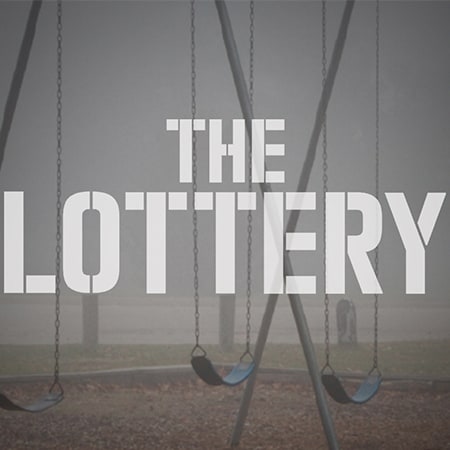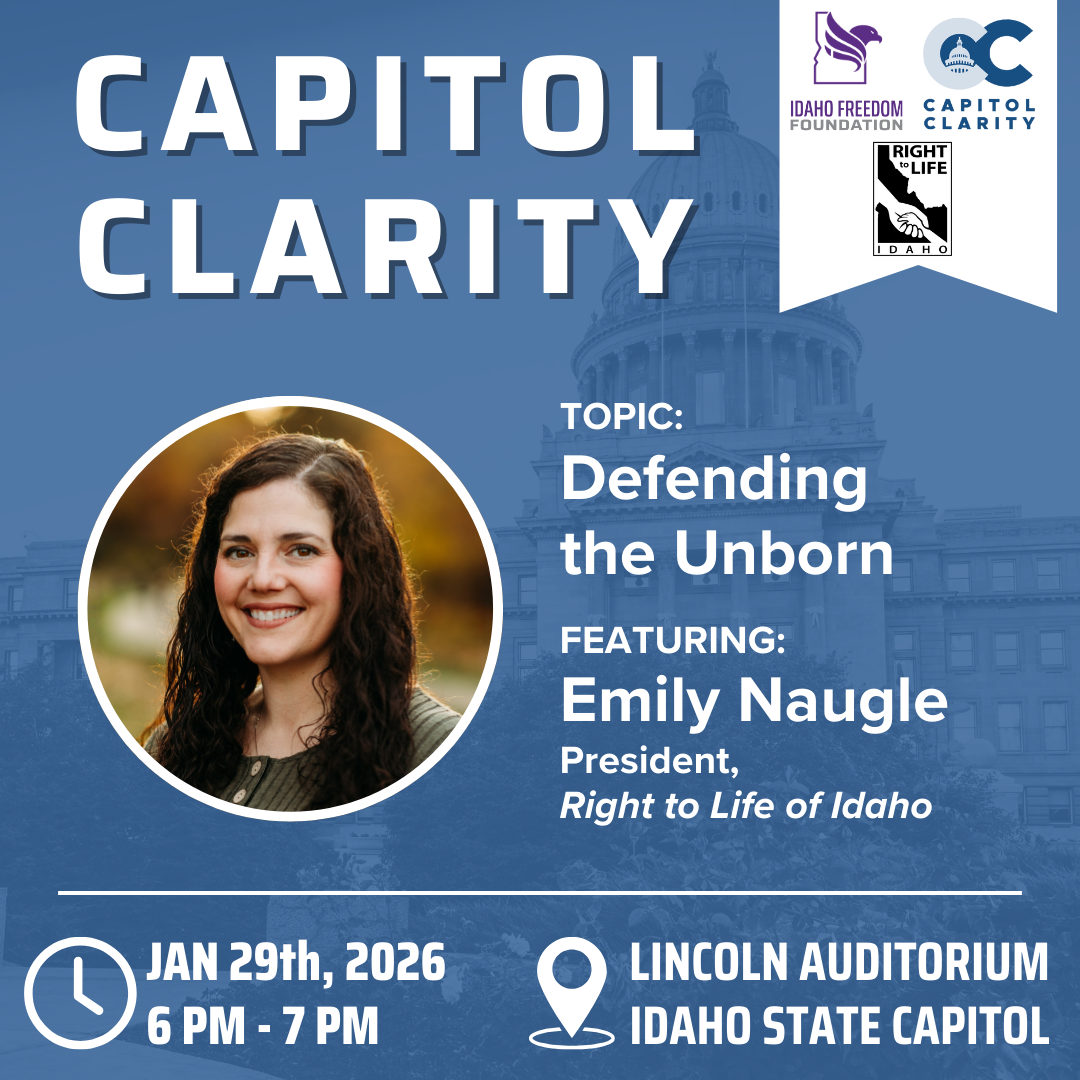


In the new dystopian TV drama "The Lottery," infertility has resulted in few children born in years. It's a crisis, such that the government sets up a lottery to decide which 100 women will get to carry to term the only eggs a team of scientists have successfully managed to fertilize.
The president hopes that this lottery will boost his poll numbers, but his advisers are worried about logistics: Will just any person be allowed to participate in the lottery or will the government establish criteria? Who will supervise each pregnancy? And, most interesting to me, what will the government's role be both during the pregnancy and once the child is born?
"The government will be the parent," suggests one aide to the president, because of national necessity. In this fictional world, government child welfare agencies monitoring the few children in existence pepper a protagonist parent with questions after he shows up a few minutes late to pick up his son from school. The bureaucrats question the dad about his youngster's eating habits, sleeping habits, school attendance and illness.
It's all "for the file," they tell him. Finding his answers insufficient, they take his son away.
This Lifetime Network program poses interesting and unexpected questions (considering the political bent of the entertainment industry) about the role of government in society and in the raising of children in our own nonfictional universe.
The show is part commentary on how, increasingly, government is superimposing its judgment regarding children over that of parents. Every year, some politician who thinks he knows better than you how to care for children proposes a law that would give the government more say than you in how your child should live, learn and grow.
It's good to see Hollywood find villainy in such a scenario.


